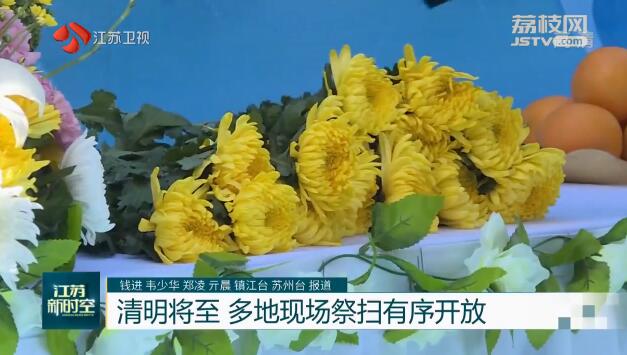
East China’s Jiangsu province has required reservation for on-site tomb sweeping although online tomb-sweeping is encouraged so as to prevent mass gatherings and reduce cross-infection amid the novel coronavirus outbreak.
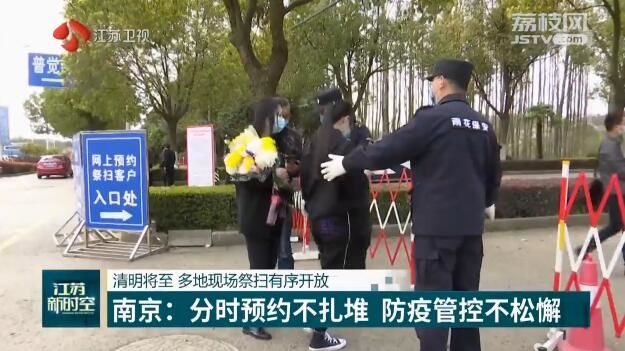
Starting Monday and lasting until April 12, Nanjing will offer on-site tomb sweeping although the tomb-sweepers are required to make reservations and show their health QR code upon entering.
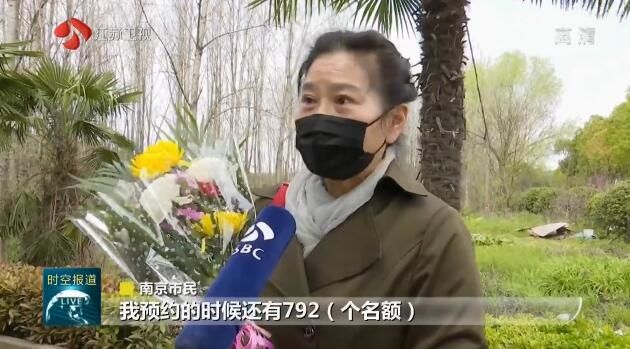
Only 3 people from one family are allowed to make on-site tomb sweeping, compared with 5 from one family in the past.
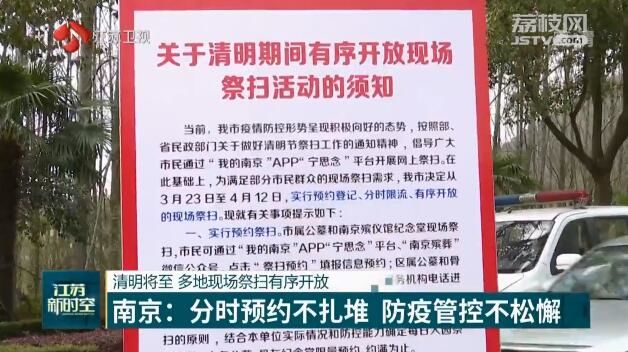
Tomb sweepers are advised to add the cemetery administration’s WeChat account to facilitate the reservation.
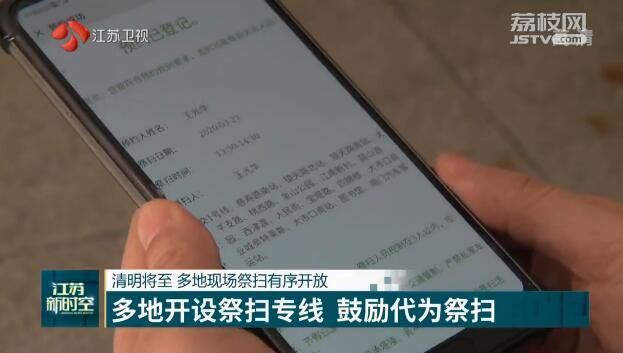
Reservation is also required for tomb sweepers in Zhenjiang, Suzhou and other places in the province.
Cemetery administration in Suzhou is encouraging online and commissioned tomb-sweeping so as to avoid mass gatherings.
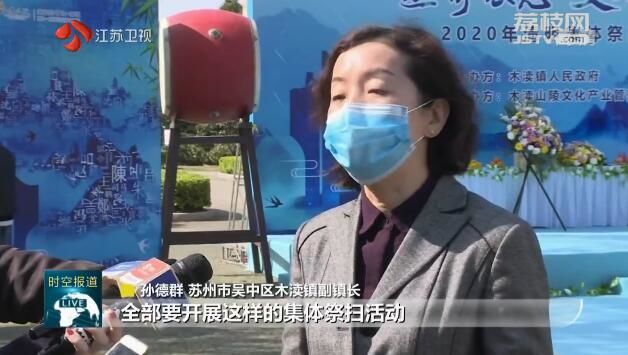
In early March, many places in China decided to suspend Tomb-sweeping Day activities in all funeral parlors, cemeteries and cinerary halls.
The decision was made as Tomb-sweeping Day, also known as Qingming Festival, approaches. On the days surrounding the traditional Chinese festival, which will fall on April 4, Chinese families usually pay respects to ancestors, clean their graves, offer flowers and burn incense.
To prevent the spread of the disease, many Chinese provinces and cities have temporarily banned group activities that may cause public gatherings, launched reservation services to control visitor numbers in cemeteries, or urged the public to sweep their ancestors' tombs remotely.
Shanghai, for example, encouraged its residents to pay their respects to ancestors on the websites or WeChat accounts of cemeteries between March 28 and April 12 to minimize the risk of infection.
